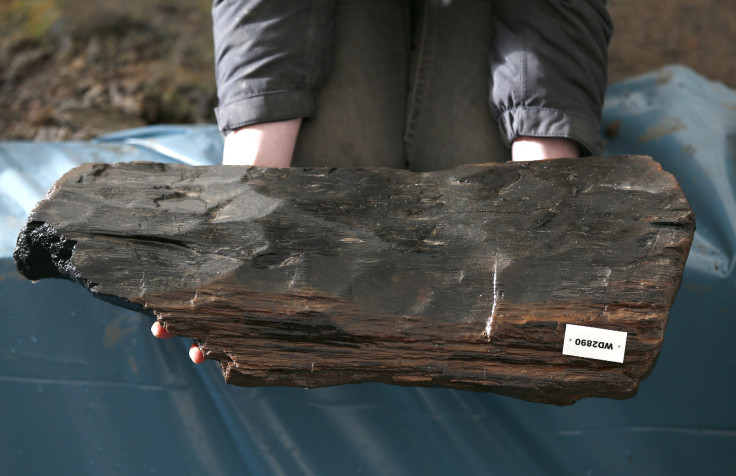Archaeologists unearth centuries-old Roman London tablets including Britain’s oldest handwritten document

Archaeologists from the Museum of London Archaeology recently uncovered more than 400 wooden tablets from Roman London during excavations in London’s financial district. The findings by the archaeologists included the oldest handwritten document ever found in Britain. The area was being analysed for the media and data company Bloomberg’s new headquarters. The findings provide great insights into London’s earliest history as a busy commercial town.
Romans called London Londinium. Up to now, 87 of the tablets have been successfully deciphered. One of them had the words “in London, to Mogontius” written and dates back to 65-80 AD. It is the earliest written reference to the city thereby making the writers first generation Londoners. London was founded by the Romans after they invaded Britain in 43 AD. Although a Celtic rebellion led by Queen Boudica in 61 AD destroyed the settlement, it was quickly rebuilt.
The documents unearthed have revealed that London rapidly became a thriving town for merchants and traders only a few years after it was established. The records also include references to food orders, beer deliveries and legal rulings. The earliest dated handwritten document of London is dated Jan. 8, 57 AD.
“105 denarii from the price of the merchandise which has been sold and delivered,” said the handwritten document, which was an ancient IOU where one freed slave promised to repay another. Surprisingly, the wooden tablets were found preserved in the wet mud of the Walbrook. Walbrook was a river but is now a buried stream.
Archaeologist Sophie Jackson, who is currently working on the site, said that the find is “hugely significant.” According to The Washington Post, the Romans covered the tablets in wax so that words could be inscribed with a stylus. Although the wax got destroyed over these years, some of the writings that penetrated the wood remained as is.
“The water keeps out the oxygen that would normally cause decay. Our sticky Walbrook mud is like the ash of Pompeii or the lava of Herculaneum” – Roman towns in Italy preserved by volcanic eruptions,” said Jackson.





















